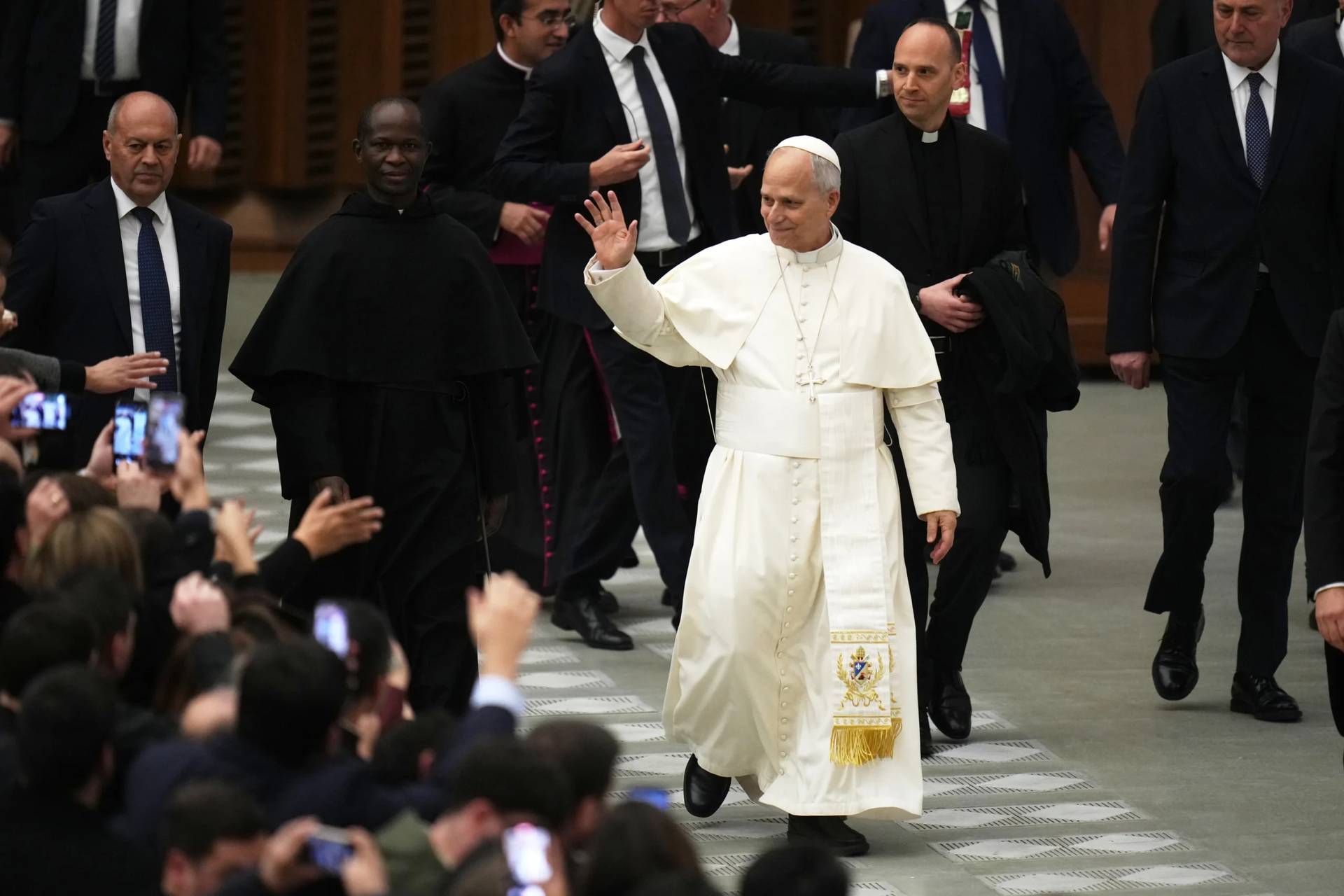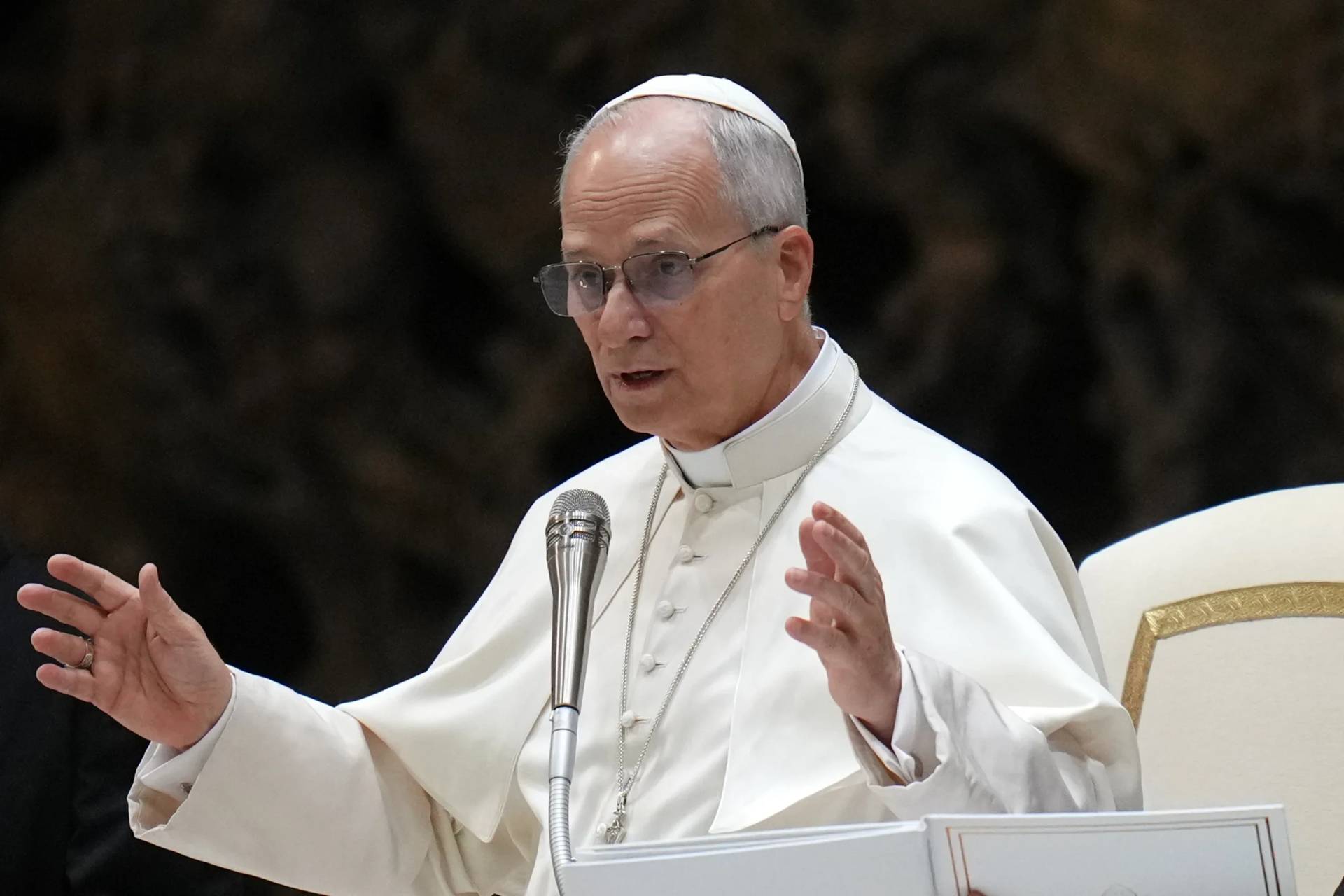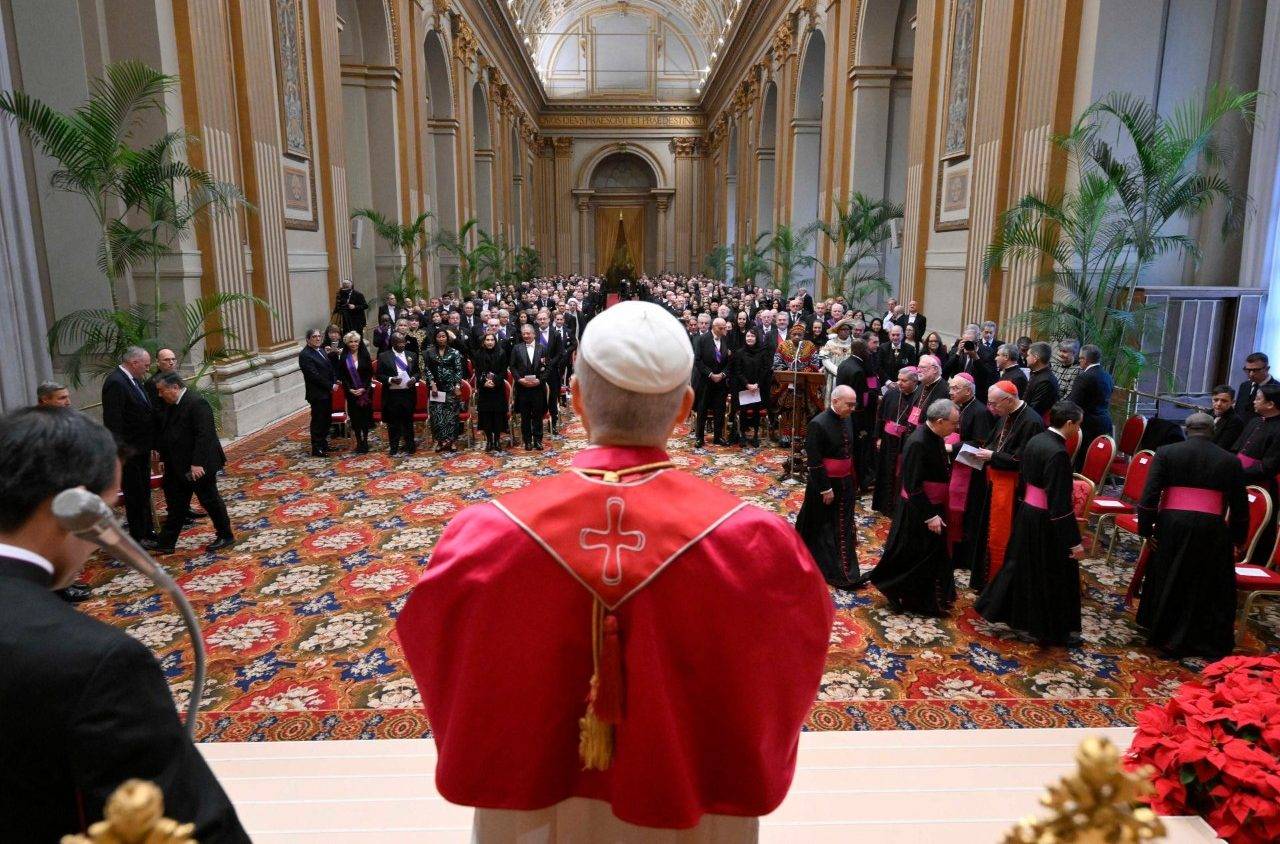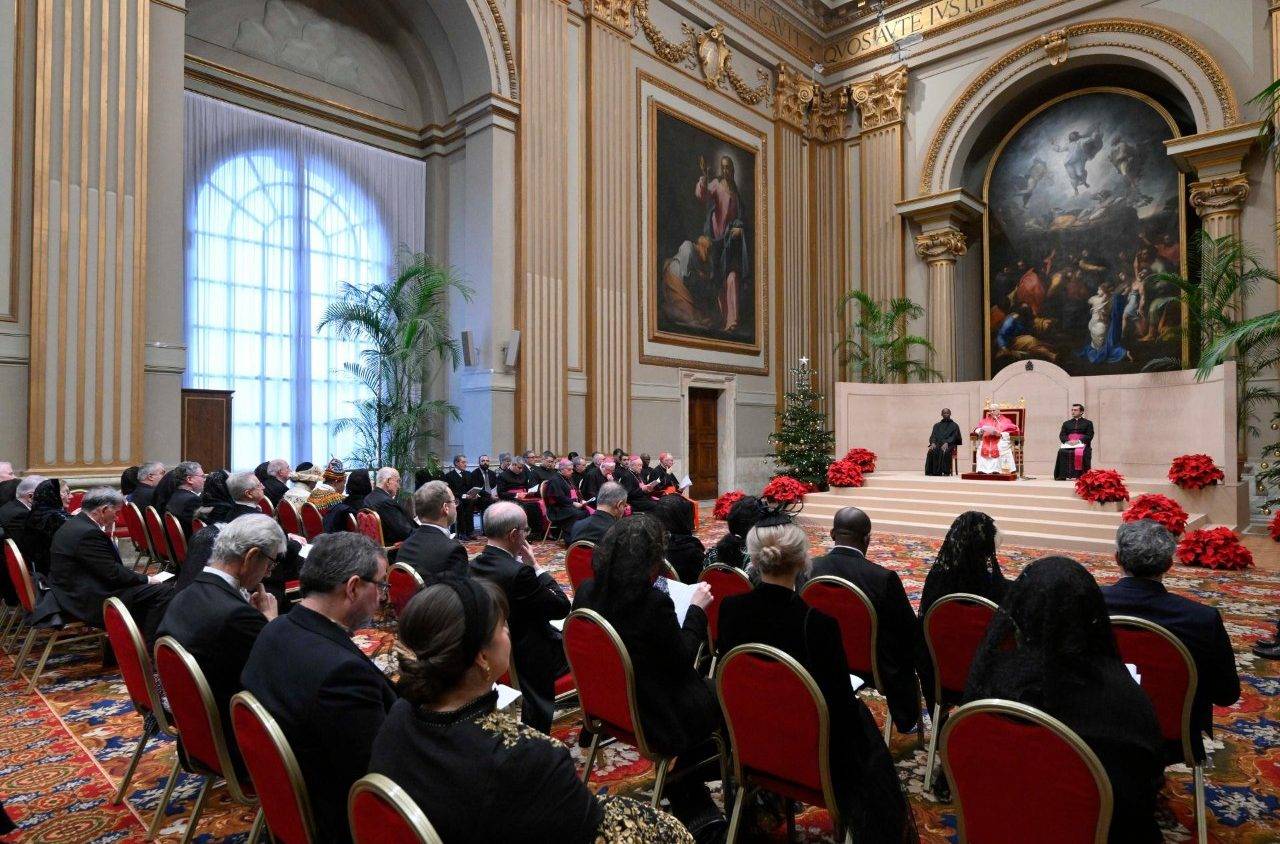ROME — Ron and Mavis Pirola, one of 12 married couples invited to participate in the Synod of Bishops, have been the center of attention since asking the prelates, “what are parents to do when their gay son announces he’s bringing his significant other to Christmas dinner?”
In essence, they applauded some friends who had welcomed their gay son’s partner, extolling it as a way “to let the world know of God’s love.”
Reactions didn’t take long to roll in. During a press conference held in Rome, British Cardinal Vincent Nichols, archbishop of Westminster, said the synod responded “very warmly, with applause,” yet the London-based Society for the Protection of Unborn Children blasted what the Pirolas had to say as a “disturbing” concession to the “homosexual agenda.”
The Australian couple, who helped found the Pontifical Council for the Family in 1981, also surprised the bishops by describing marriage as a “sexual sacrament” and saying that it’s precisely through sex that marital spirituality is different from any other.
Nichols admitted to the reporters on Tuesday that sex “is not what we bishops talk about mostly, quite honestly,” but said it helped remind them “that this is central to the well-being of marriage.”
Sex wasn’t the only thing the Pirolas talked about. They also focused, for instance, on the relationship between partners and the bond with children.
“The heart of the family is the couple relationship,” they said. “It’s the source and foundation. It’s from their love to each other that the children are formed.”
They issued a call for better marriage preparation.
“People come into marriage with distorted ideas of what a marriage is, not willing to fully prepare themselves to live the sacrament,” they said.
Shortly before their speech to the bishops, the Pirolas sat down with Crux for an exclusive interview. They asked that their comments be presented as a couple, rather than being attributed to each individually.
Crux: This is the second Synod of Bishops you’ve participated in, after consulting as lay couple for a 1987 summit dedicated to the laity. Looking back, how much has your message changed?
Pirolas: Our message then is actually similar to the one we have this time. It’s divided in three issues, and we believe they still are as important today as they were then.
One of the topics is sex. We believe that it’s tremendously important to recognize that sex is how we [married couples] grow in spirituality. The thing that distinguishes marital spirituality from any other form of Christian spirituality is sexual intimacy. Marriage is a sexual sacrament and this is not understood nor recognized enough.
A second aspect would be brokenness. All of us have broken relationships, none of us is excluded. If you have a broken marriage, it doesn’t mean you are broken. We need to be able to learn from people living with a broken marriage or that are living in dysfunctional situations. They are courageous, they’re trying. The Church needs to learn from this, [because] otherwise we create this elitist idea that the sacrament of matrimony is an extraordinary thing that nobody can achieve. Sometimes, we learn from them what not to do, but in others, what they’re doing could be a testimony of a welcoming Church.
Finally, there’s the relationship between the domestic Church and the wider Church. The Church needs to listen to the experience of marriages and families. Many of the pastoral issues the synod is looking at are things families live with every day. We need to learn how they approach these issues while maintaining their values. The domestic church is not only a nice little thing that needs to learn from the wider church. The universal church needs to also learn from the families that are living out the tension of the teachings and are doing so with love, compassion and mercy.
You’ve spent most of your life working with young Catholics. Why do you think the opposition to the Church’s teaching on sexual morality keeps growing?
Because the teachings are not well known, they are known simply as a yes or no. People don’t hear the beauty of the Church’s suggestions, the “whys” behind the “whats.” The teachings have a very beautiful truth that people don’t hear.
People resonate with Pope Francis and his frequent mentions of mercy. They say “how can we express this in a more relatable way, but remain faithful to the Church?”
What’s your biggest fear going into the synod?
Everyone going to the synod will have strong ideas, including us. The danger is that we defend our ideas, but we hope and pray that everybody goes in willing to listen as much as possible. It’s important that we listen to each other and try to discern what the Holy Spirit is trying to say.
We know we can be misunderstood in these circumstances, but something has to change: If we keep doing what we’re doing right now, we’ll get the same results.
Do you fear the backlash of the expectations that are being created regarding possible changes on Church’s teachings about the family?
Allow us to refer to the Humanae Vitae. [Note: a 1968 document from Pope Paul VI reaffirming the church’s ban on birth control.] We were just married when it came out, and we were very upset: Our expectation was that everything was going to change. At the time we were furious when it didn’t. We were upset, but we respected the authority and the Church’s teaching, so we lived it out. As a result, we understood the document, the teaching.
It wasn’t easy, but it was beautiful.
These days, authority doesn’t enter the picture that often. Very few people explore why the Church says no to premarital sex or contraception. It doesn’t mean that some things can’t be re-examined, but the laity should also make an effort to understand the why behind the teachings.
















